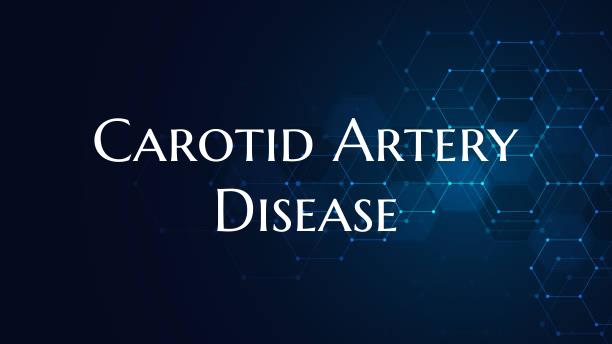
Carotid Artery Disease
Carotid Artery Disease: Understanding the Risks, Symptoms, and Treatment Options
Carotid artery disease is a common condition that affects the blood vessels leading to the brain. The carotid arteries are located on each side of your neck and supply oxygen-rich blood to the brain. When these arteries become narrowed or blocked due to plaque buildup, it can lead to serious health risks, including stroke.
Risks: Several factors can contribute to the development of carotid artery disease, including smoking, high blood pressure, high cholesterol, diabetes, and a family history of the condition. Individuals who are overweight or lead a sedentary lifestyle are also at an increased risk of developing carotid artery disease.
Symptoms: In the early stages, carotid artery disease may not present any noticeable symptoms. However, as the condition progresses and the arteries become more narrowed, individuals may experience symptoms such as sudden weakness or numbness in the face, arms, or legs, difficulty speaking or understanding speech, vision problems, dizziness, and severe headaches.
Treatment Options: Early detection and management of carotid artery disease are crucial in preventing serious complications such as stroke. Treatment options vary depending on the severity of the condition and may include lifestyle changes, such as quitting smoking, adopting a healthy diet, and increasing physical activity. Medications to control high blood pressure and cholesterol levels may also be prescribed.
In cases where the carotid arteries are severely narrowed, surgical procedures such as carotid endarterectomy or carotid angioplasty with stenting may be recommended to restore proper blood flow to the brain and reduce the risk of stroke.
If you suspect that you may be at risk for carotid artery disease or are experiencing any of the associated symptoms, it is important to seek medical attention promptly. Your healthcare provider can perform tests such as ultrasound imaging to evaluate the condition of your carotid arteries and recommend an appropriate treatment plan to help manage the disease and reduce the risk of complications.